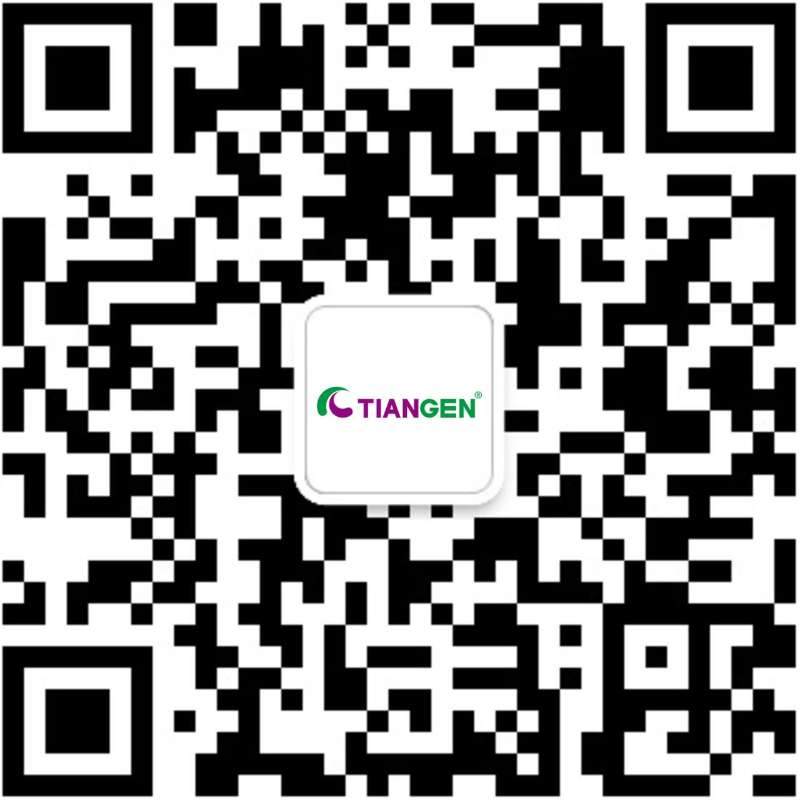Catalog Number|Packaging
Mat. No |
Ref. No |
No. of preps |
|
4992962 |
RT211 | 500 µl |
-
Features
● Safety: Unique oil molecules will not pass through cell membrane to enter body, and shown by Ames test and other tests to be nonmutagenic and noncytotoxic.
● High sensitivity: Can be applied for staining for various lengths of fragments.
● Extremely stable: Available in acid/alkane buffer, stable at room temperature for long-term storage and microwavable.
● High signal-to-noise ratio: The fluorescence signal of the sample is high, and the background signal is low.
● Simple to use: Very simple procedures for precast and post gel staining.
● Widely applicable: Used for pre-stain or post-stain, and qualified in detecting double-stranded DNA, single-stranded DNA, and RNA in agarose gel or polyacrylamide gel.
● Perfect compatibility with a sandard UV: It has the same spectral characteristics as EB without changing the optical filter and observation device. Standard EB or SYBR filters are available. It can be observed with a common UV gel imager, and the optimal excitation can be obtained near the ultraviolet light of 300 nm.
-
Description
GeneRed Nucleic Acid Dye is a new nucleic acid dye developed by TIANGEN. This unique oily macromolecule is not volatile and inability to breathe into the human body. It does not penetrate the cell membrane into the living cells, and are not mutagenic under gel dyeing. It is safe to use and sensitive to detect. It can be used as a dye for all kinds of nucleic acid electrophoresis, and is suitable for dyeing of all kinds of fragment size. It is perfectly compatible with standard gel imaging system and visible light excited gel observation device, and is suitable for UV Gel imaging system or a blue visible light activated gel observation device.
This dye is provided as 10,000× concentrate.
-
Storage Condition
Store dry at 2~8°C in dark place for 12 months. -
Important Notes
● Due to the good thermal stability of GeneRed, it can be directly added to the hot agarose solution without waiting for the solution to cool down. Shake or flip to ensure the dye is well mixed. GeneRed can also be added to agarose powder and electrophoresis buffer, then heated in microwave oven or other common ways to prepare agarose gel. GeneRed is compatible with all commonly used electrophoretic buffers.
● If the band dispersion or separation is always unsatisfactory, it is recommended to use post-stain method to confirm whether the problem is related to the dye. If problems still exist after dyeing, the problem is not related to dye. The following method can be tried: Lower agarose concentration; Use longer gel; Prolong gelling time to ensure clear edges; Improve the technique or choose post-stain.
● GeneRed has a certain affinity for glassware and non polypropylene materials. It is recommended to use polypropylene containers in the process of dilution, storage and dyeing.
● For polyacrylamide gel, use post-stain.
Experimental Example
EB Dyeing Results
D2000 samples (100 ng, 50 ng, 25 ng, 12.5 ng, 6.25 ng, 3.125 ng) were used for the comparison of dyes (EB, GeneRed). Run in 1% agarose gel, 160V, 25min
-
Sort by
-
Date
Date(
)
Date
Date(
)
Impact Factor
IF(
)
Impact Factor
IF(
)



 Inquire
Inquire


